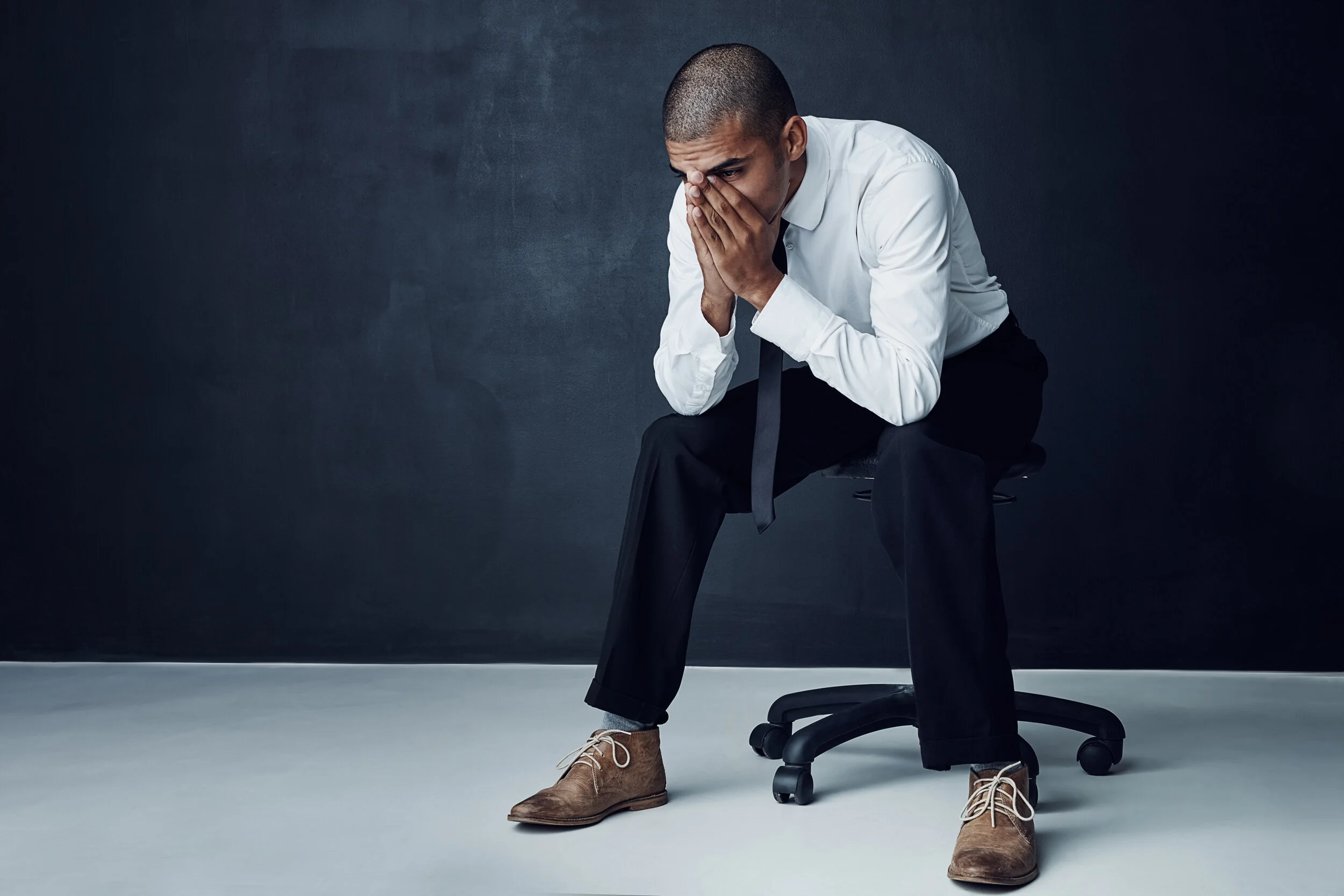If you and your spouse are struggling through a rough time, you may be wondering if counseling can help. There are countless reasons that couples seek therapy, and chances are some of these apply to your situation. Reasons include major disagreements on finances and child-rearing, infidelity, growing apart, toxic relationship patterns — and more.
You may even be to the point in your marriage that you don’t know if things will work out. One or both of you may be ready to walk out the door. But you want to see if counseling can help.
No matter where you are in your marriage, understanding the different counseling types can be helpful. Let’s look at divorce vs. marriage counseling — and one in between.
Read More




















